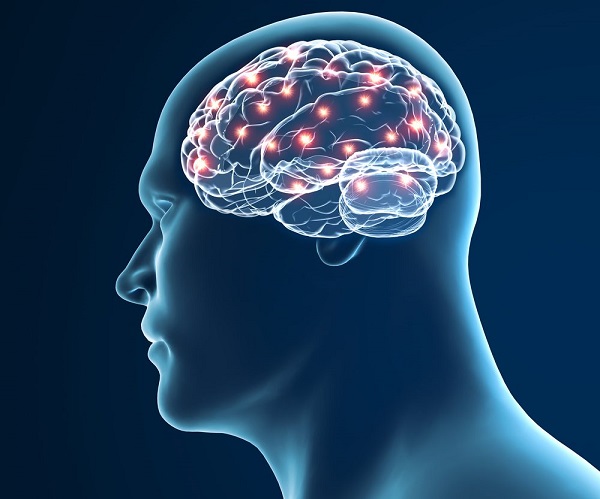DISCLAIMER
The information and materials accessed through or made available for use on any of our Sites, including, any information about diseases, conditions, treatments, or medicines, are for informational purposes only. The Content is not intended to be and is not a substitute for professional medical advice, diagnosis, or treatment, and your participation on our Sites does not create a healthcare professional-patient relationship. You should consult a doctor or other qualified health care professional regarding any questions you have about your health or before making any decisions related to your health or wellness. Call your doctor or 911 immediately if you think you may have a medical emergency.compose your message
message sent
email sent successfully
Trusted Resources: News & Events
Latest announcements and gatherings
Cognitive Function may be Affected in Adults With Sickle Cell Disease, Study Suggests
Adults with sickle cell disease score worse than their healthy, unaffected siblings on cognitive tests, despite treatment with hydroxyurea, a study reports.
The study “Neurocognitive functioning in symptomatic adults with sickle cell disease: A description and comparison with unaffected siblings” was published in the journal Neuropsychological Rehabilitation.
Children and adults with sickle cell disease (SCD) often experience a shortage in blood supply, and strokes, that can severely affect their brain and lead to neurological impairments. Researchers believe the long-term consequences of these deficits in childhood are likely to have an impact on patients’ lives as adults. But neurocognitive functioning in adults with sickle cell disease remains poorly investigated.
To learn more, researchers evaluated specific cognitive parameters in symptomatic adults with SCD and compared the outcomes to their healthy siblings.

 +myBinder
+myBinderRelated Content
-
education & researchIntegration of neuropsychology services in a sickle cell clinic and subsequent healthcare use for pain crisesObjective: Growing literature has docum...
-
education & researchSickle cell trait and cognitive function in African Americans: The reasons for geographic and racial differences in ...Sickle cell anaemia (SCA) has been assoc...
-
news & eventsOnly 21% of Kids with ADHD and SCD Are Treated for Attention DeficitA study of children with sickle cell dis...
-
news & eventsDifferences in Brain Oxygen Supply May Explain Silent Strokes in SCD PatientsBrain oxygen supply is different in diff...
-
news & eventsPatients With Sickle Cell Disease may Have Lower Risk for C. DifficileFindings from a retrospective cohort stu...
-
news & eventsFirst systemic evidence for safety of tPA in stroke patients with sickle cell diseaseIn the largest report on acute stroke in...
-
Community CenterLiving With Unpredictable Pain: A Sickle Cell Disease StoryGrowing up, Vismel Marquez wanted to joi...
send a message
To improve your experience on this site, we use cookies. This includes cookies essential for the basic functioning of our website, cookies for analytics purposes, and cookies enabling us to personalize site content. By clicking on 'Accept' or any content on this site, you agree that cookies can be placed. You may adjust your browser's cookie settings to suit your preferences. More Information
The cookie settings on this website are set to "allow cookies" to give you the best browsing experience possible. If you continue to use this website without changing your cookie settings or you click "Accept" below then you are consenting to this.
Support for this site is provided by

This platform is made possible through a partnership with the Sickle Cell Disease Association of America, Inc. (SCDAA) and its member organizations. SCDAA's mission is to advocate for people affected by sickle cell conditions and empower community-based organizations to maximize quality of life and raise public consciousness while advancing the search for a universal cure.




